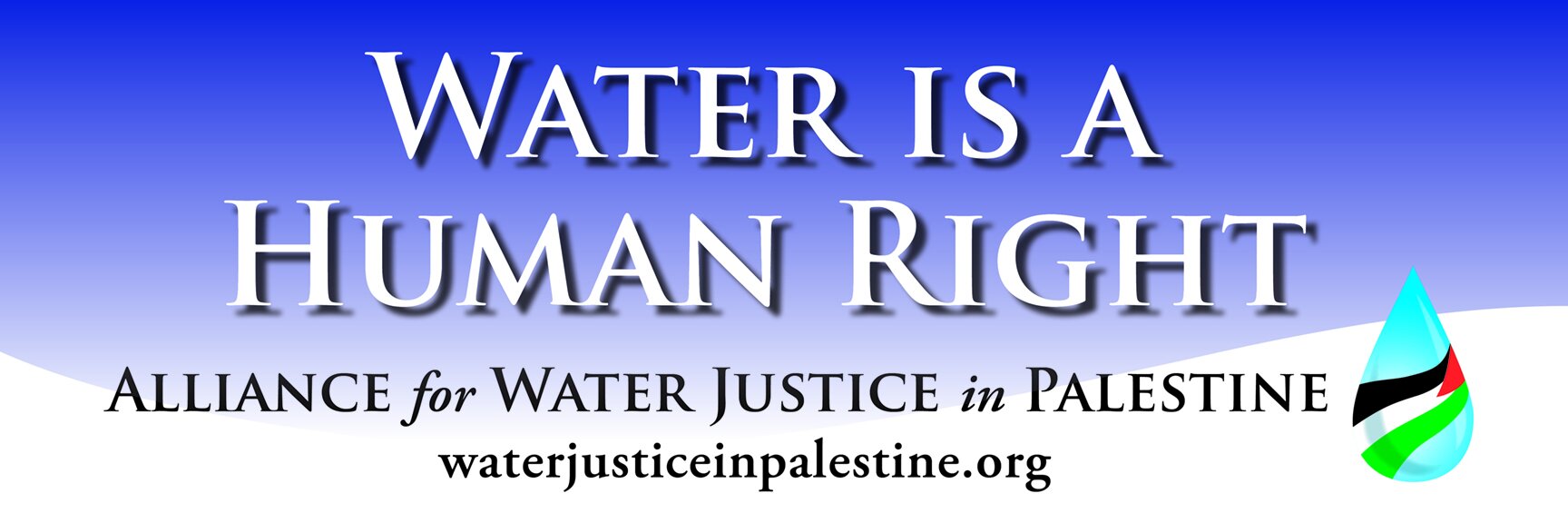Fact
Last year (2019), the Gaza Strip’s unemployment rate averaged 45%. More than 208,000 people were without work. Over 68% of the population suffered food insecurity.
Now, since the coronavirus pandemic broke out, another 130,000 workers have been made jobless.
As we all struggle to combat the spread of the coronavirus, access to clean water is more essential than ever. Yet 97% of the 2 million people in the Gaza Strip must live without clean water for hygiene and consumption. 98% of the water is contaminated.
The cause? Israel’s bombardments of the Gaza Strip’s wells and water infrastructure, and its refusal to allow repairs.
Families in the Gaza Strip who can afford it must rely on expensive low-quality trucked water.
But while the average cost of water in the West is 0.7% of monthly wages, and the UN states that affordable water should not cost more than 3% of household income—one third of the monthly wages of people in the Gaza Strip goes towards buying water.
Those who cannot afford to buy water must rely on contaminated water from the public taps that operate at most a few times a week.
Source: reliefweb, electronic intifada, reliefweb





